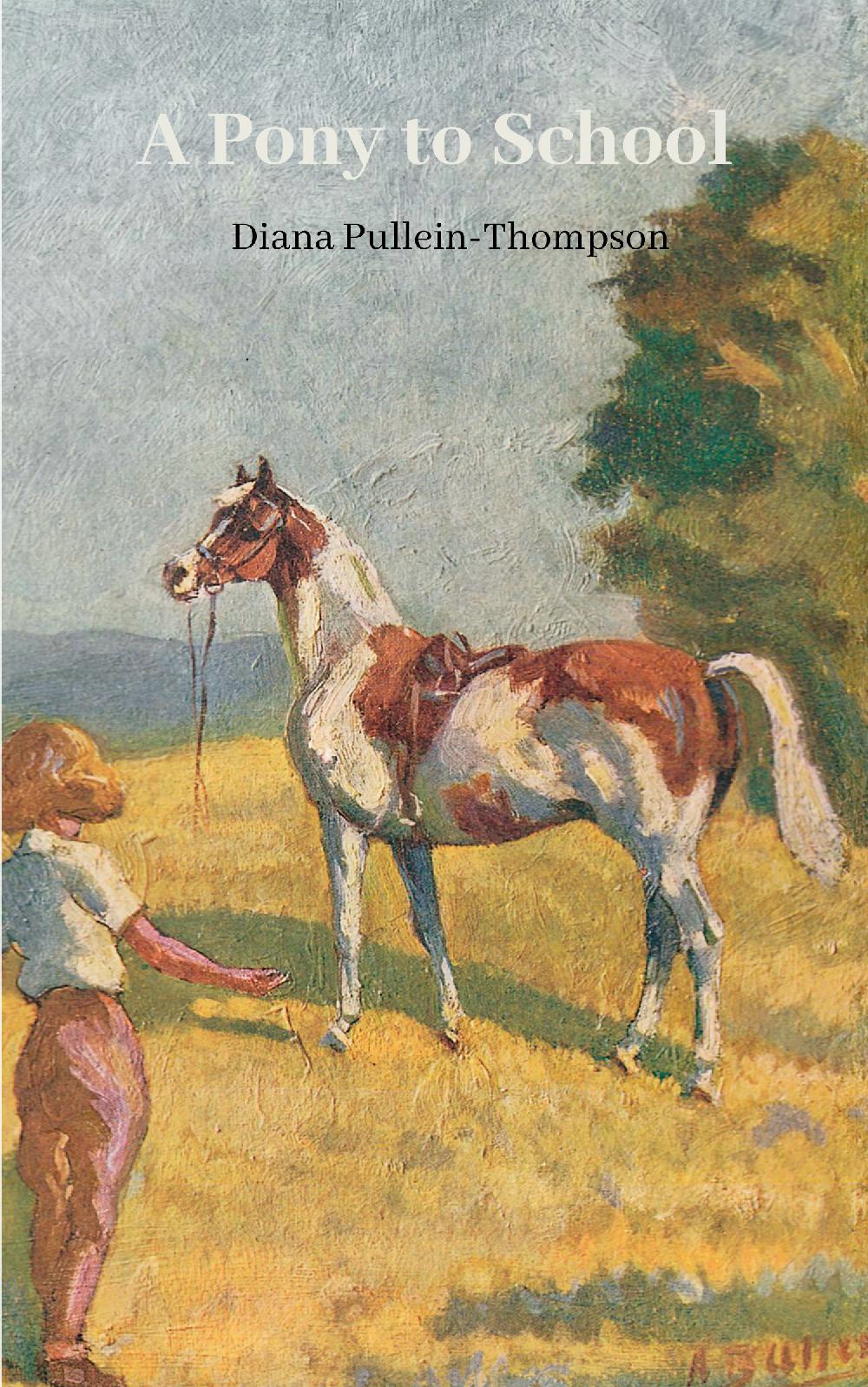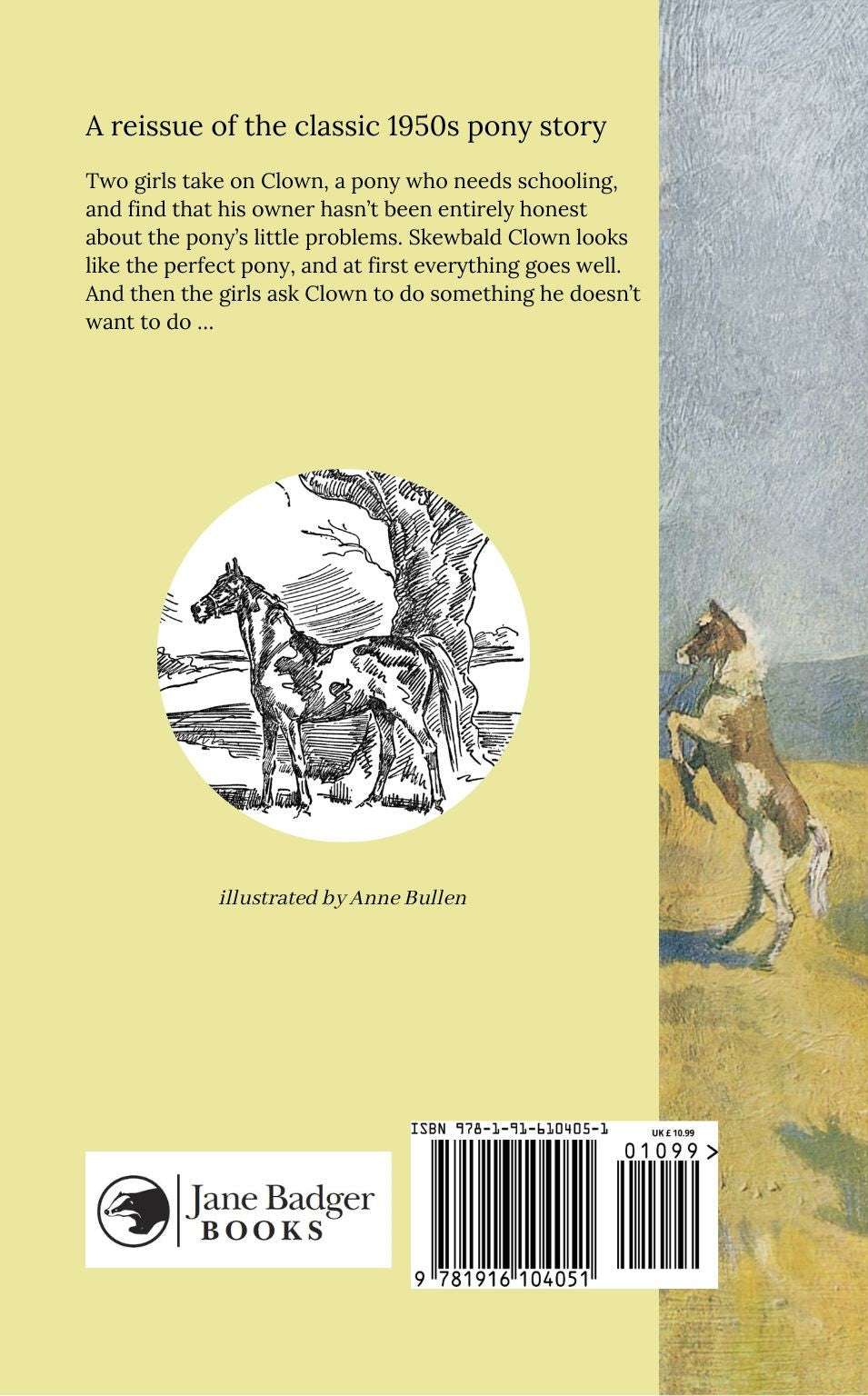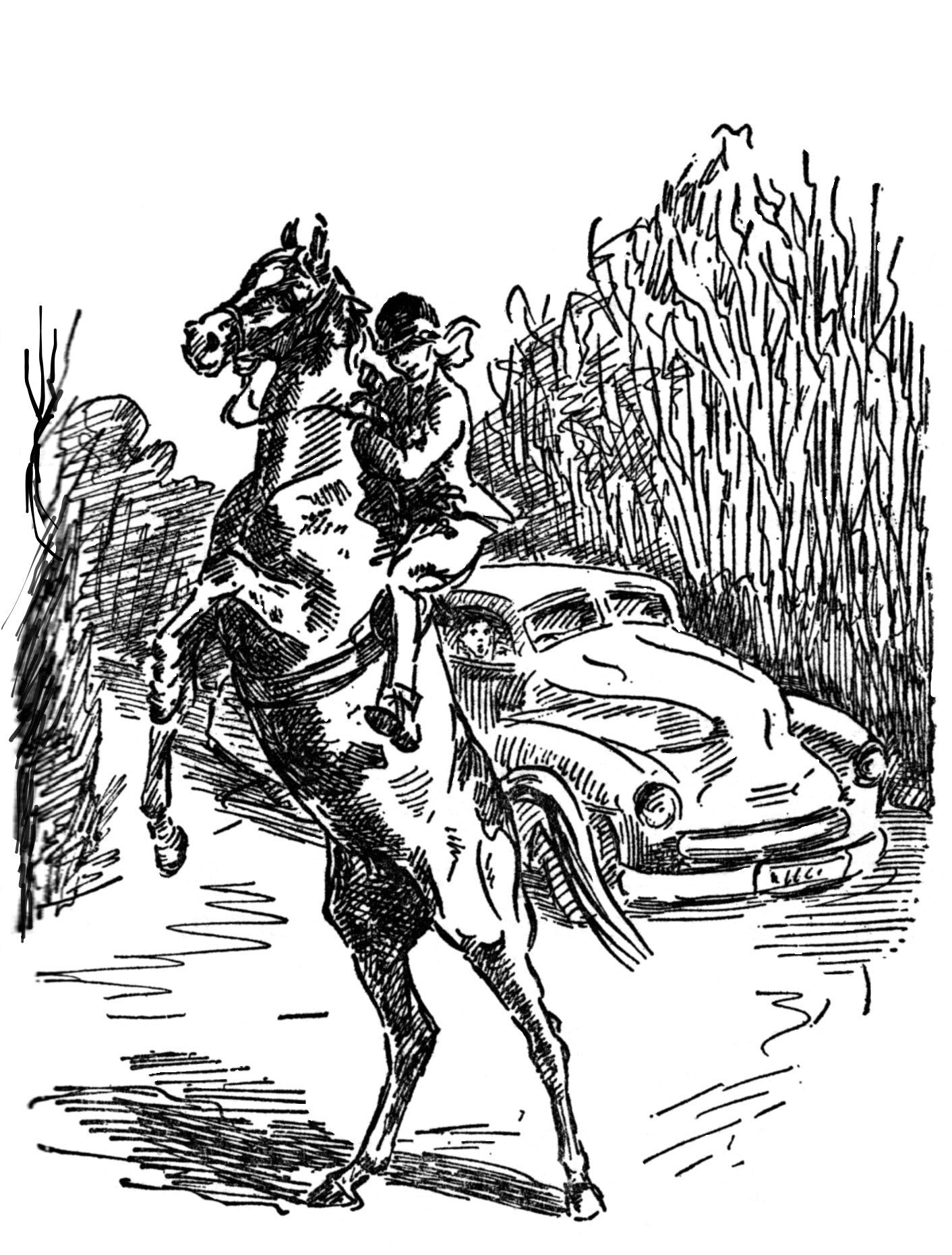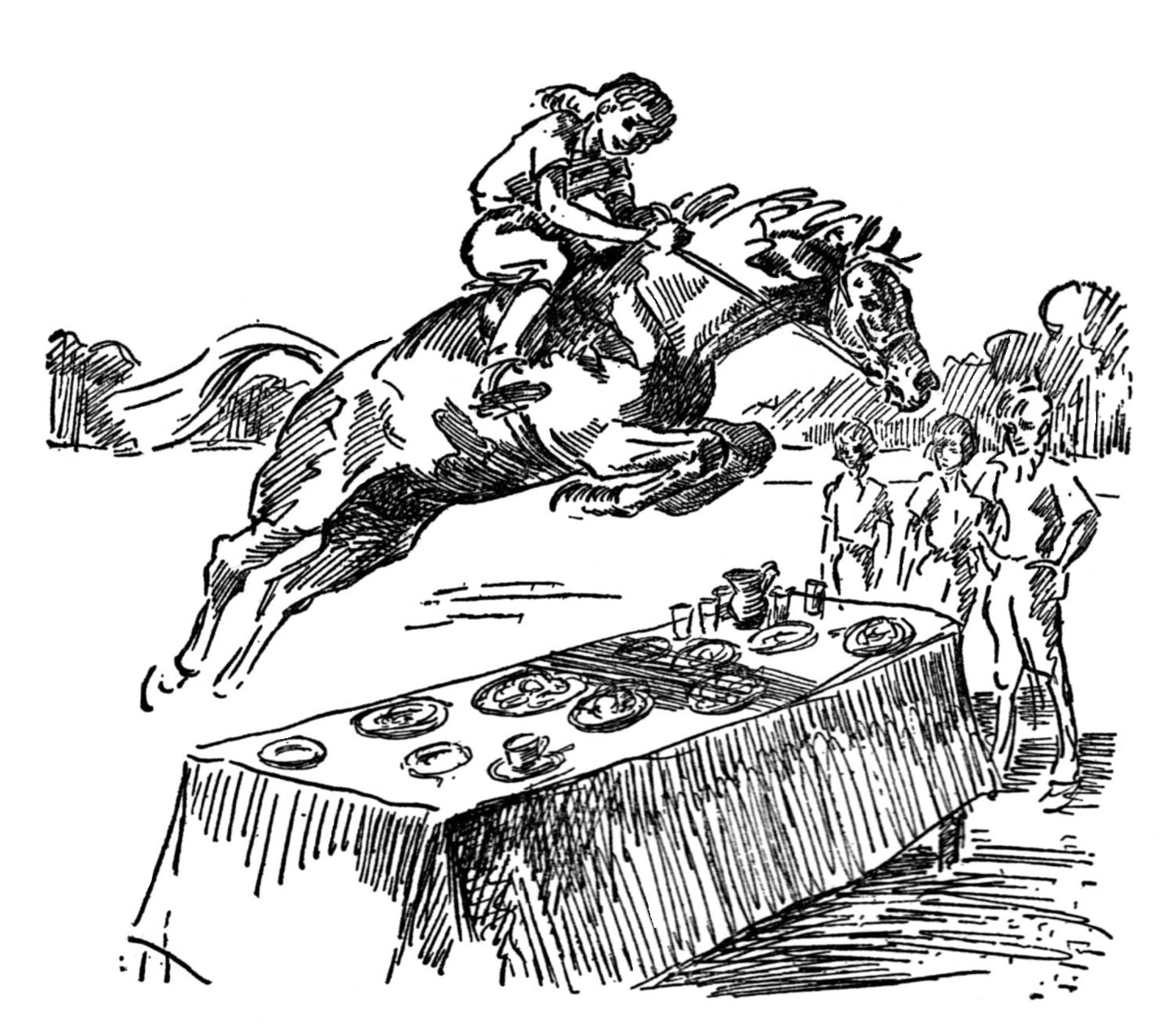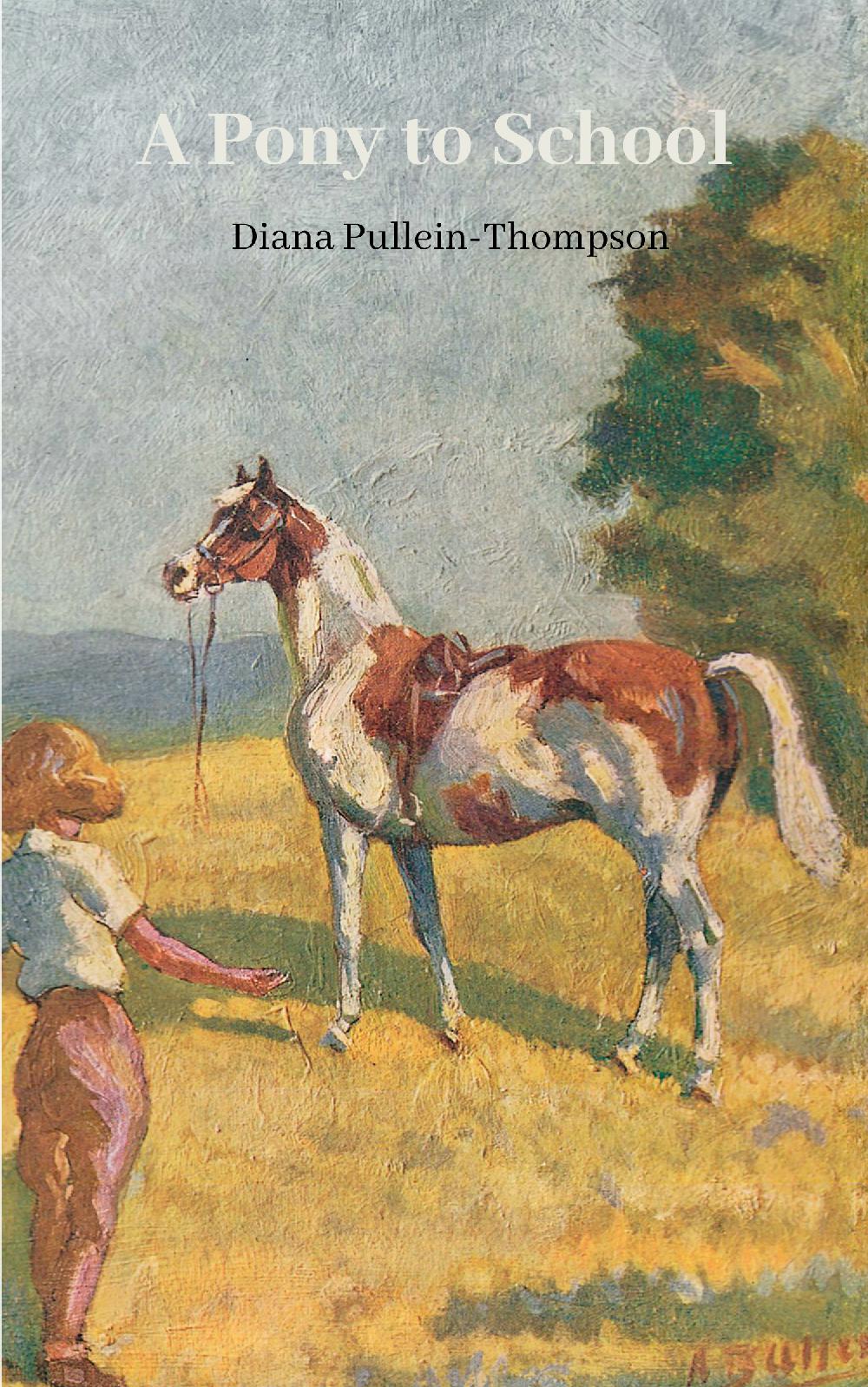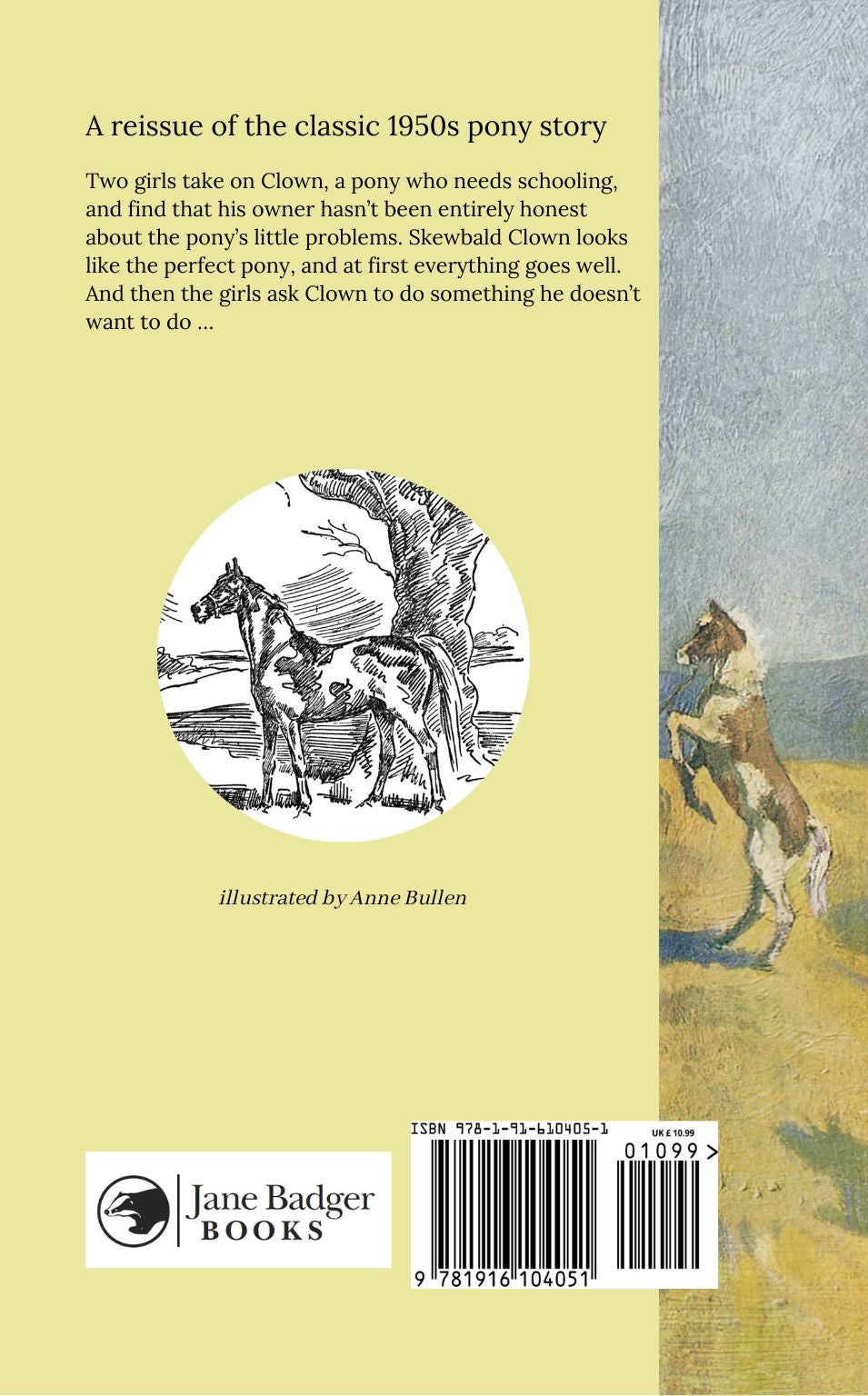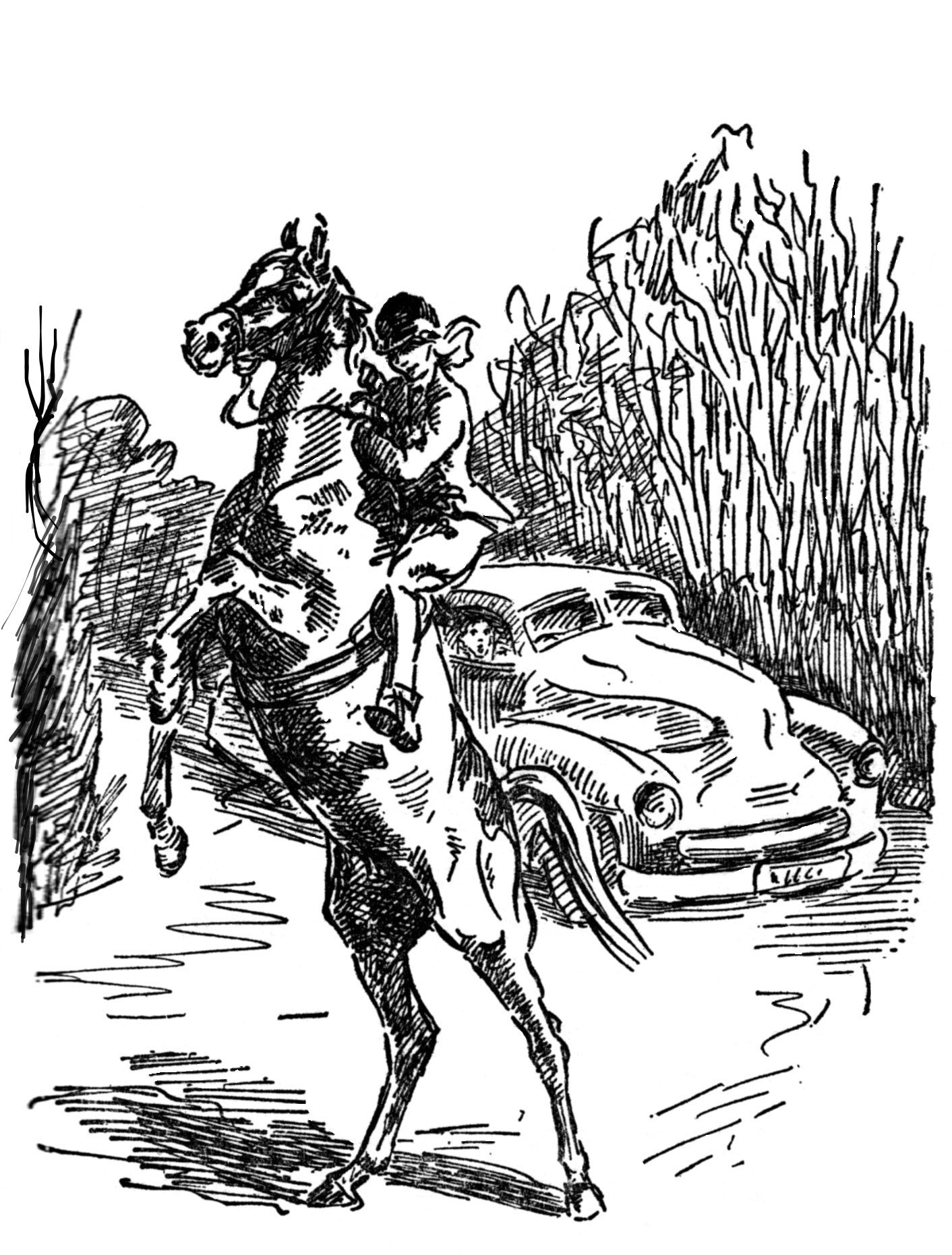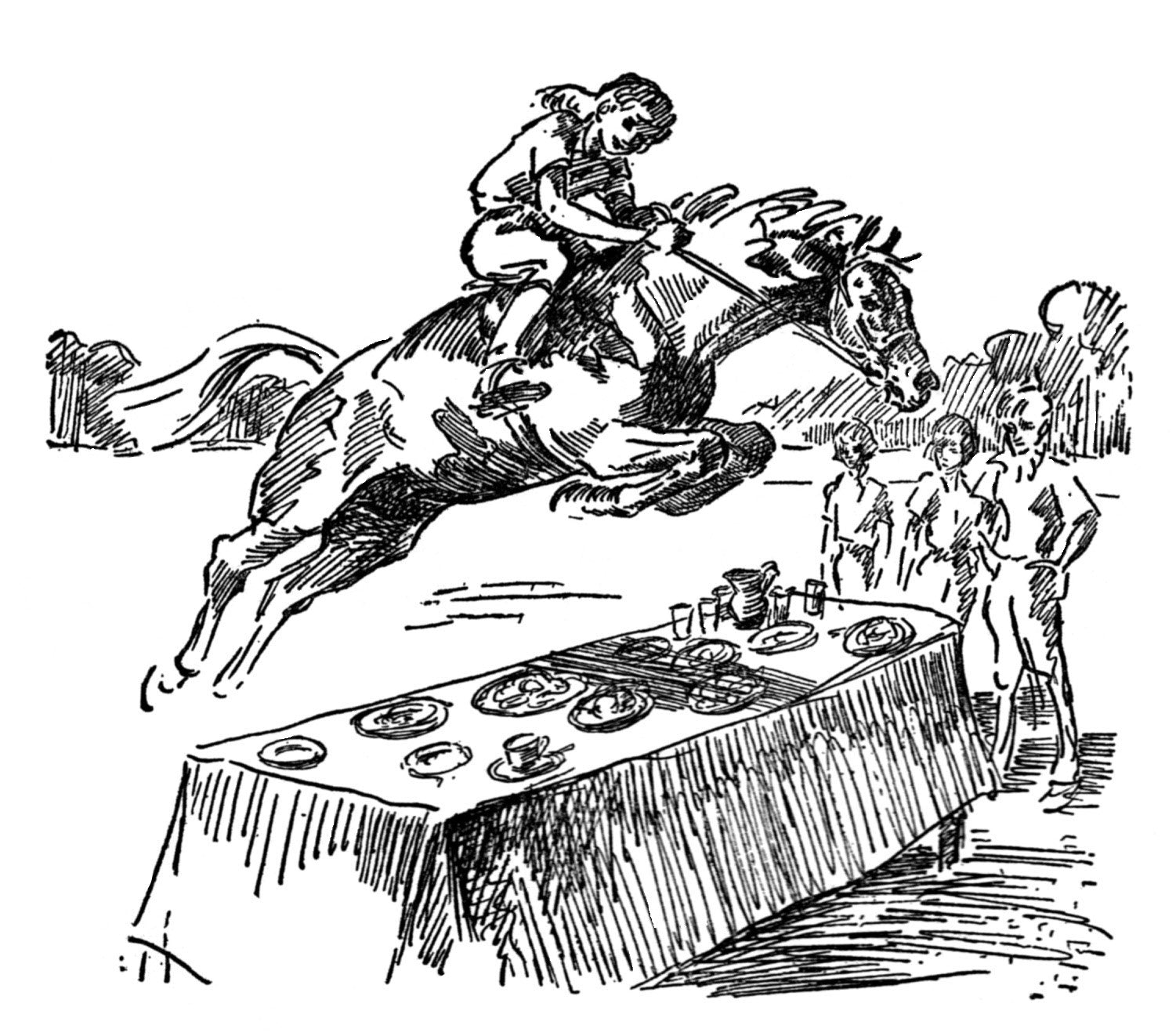Jane Badger Books
Diana Pullein-Thompson: A Pony to School (paperback)
Diana Pullein-Thompson: A Pony to School (paperback)
Illustrator: Anne Bullen
Couldn't load pickup availability
Share
This is a reissue of the classic 1950s pony story where two girls take on Clown, a pony who needs schooling, and find that his owner hasn’t been entirely honest about the pony’s little problems. Skewbald Clown looks like the perfect pony, and at first everything goes well. And then the girls ask Clown to do something he doesn’t want to do …
Fully illustrated edition with all the beautiful original illustrations by Anne Bullen.
Augusta and Christina series 3
Page length: 200
Original publication date: 1950
When will I get my book?
When will I get my book?
Paperbacks are printed specially for you and sent out from our printer. They are on a 72-hour turnaround from order to being sent out. Actual delivery dates will vary depending on the shipping method you choose.
Read a sample
Read a sample
It was Saturday afternoon, and that meant a rest from school work and Madame Dupont, the governess who teaches Augusta and myself.
Usually, Augusta and I spend Saturdays riding—taking sandwiches if the weather is fine and picnicking far from home—or occasionally we spend the morning schooling and jumping the ponies, and the afternoon walking our dogs, a spaniel and a wolfhound, called Lucifer and Shannan.
But on this day in late June, fresh and beautiful with its alternate sunshine and showers, our usual arrangement was changed by a visit from a nearby farmer, named Ted Dunne. I was on the lawn, reading the morning paper, when he arrived, and I started at Walters’ quiet, “Someone to speak to you, miss.” Then, seeing a hefty man of about thirty standing before me looking hard at his wellington boots, I was filled with curiosity. What could he want? The ponies had not strayed lately; in fact they were all stabled at present; and Shannan was not in the habit of hunting or trespassing. With relief, I decided that he had not come to complain.
“Good morning,” I said, dropping the paper and leaping to my feet. “Lovely weather, isn’t it?”
“Yes, it is that,” replied Ted Dunne slowly, pushing a lock of hair back from his forehead. “Are you busy-like at the moment—I mean with your ’orses?”
“No, not very,” I said, mystified.
Ted Dunne pondered for a few seconds before saying, “’Ave you time for another?”
“We don’t want to buy any more at present—at least my parents don’t,” I answered cautiously.
“Ever trained one?”
“No, not completely.”
“Yours win a lot, though, don’t they? Carry off all the ribbons?”
“I wouldn’t say all. They’ve been awfully good and obliging this summer so far; but still, probably it won’t last. I shall fall off at the next show and upset them for the rest of the year, or something silly,” I said, wondering all the while what this man really wanted.
“Like to ’ave a shot at training one?” he asked.
“Yes, if my parents would allow it.”
“I’ve got a lovely skewbald—real beauty, if it ’ad the right rider on it—prettily marked, quick on its feet—real smasher.”
“Are you trying to sell it?” I asked.
“No—be a waste, selling ’im now. ’E’s not schooled-like, you see; but if you ’ad ’im for a week or two—trained ’im up a bit—huh! there would be no getting near that pony, no touching ’im. ’E would carry off all the prizes. Used to jumping a bit, too.”
“Can I see him before I decide anything definite, please?” I asked.
“Certainly, whenever you like. ’E’s laying out. I’m somewhere about the farm most days.” When he finished speaking, Ted Dunne raised his head, looked me in the face for one fleeting second and then turned as though to go.
“Wait a sec., please,” I said. “Where do you live and what exactly do you want me to do with the pony?”
“Why, down at Beech Bottom Farm—but a couple of miles from ’ere—stands almost in the wood like. You come and look at the pony—Clown, we calls ’im—when it’s convenient, see; p’raps we can get everything settled then.”
“Righto, I will. Thank you very much,” I said, and then Ted Dunne plodded away and I returned to my chair for a few moments to collect my wits and consider his vague and unexpected request.
Of course everything depended on Clown, I decided. I had always wanted to break in or school a pony, but I did not think that I had enough skill to tackle a difficult or vicious one with any success. Then I thought of my friend Augusta, who possesses more tact and imagination, if less experience, than myself. The two of us might succeed where I alone would fail. I decided to ring her up.
I got through in a few minutes and, although at first she was a little dubious, I think Augusta was really very pleased with the suggestion.
“Skewbald? Sounds lovely,” she said. “I should love to help; it would be tremendous fun and excellent for improving my riding; but are you sure I’m good enough?”
“If I am, you certainly are,” I replied rather sharply, because Augusta’s modesty is sometimes a little irritating. “And I don’t want you to help me, please; I want you to come into partnership—not that we are getting any money. I mean I gather we are doing it for experience and fun.”
“Oh, well, thank you very much. I should love to. What’s he called? What does he look like? Has he ever been ridden at all?”
When I had finished repeating Ted Dunne’s conversation, Augusta invited me to ride over for elevenses to Bumpers, which is the name of the little Georgian farmhouse where the Thorndykes live, to discuss Clown and to decide on which day we should see him.
I accepted the invitation gladly. I always enjoy myself at Bumpers, and there is something indescribably homely about the snack they call elevenses. I remembered now, lingering in our hall, the last time I had been there; how we climbed the trees in their little sprawling orchard and later sat on a fallen trunk and ate huge hunks of warm new bread and fresh yellow cheese, and drank cool cider, which seemed to taste not only of apples but of sunshine and the red soil of Somerset.
And I remembered how one day we had wandered into the brick-floored kitchen and talked to old Martha, as she prepared the lunch of cheese eggs, and apple tart. Martha does not put herself out to be polite. If she is busy, she will soon tell you to be off to the nursery or orchard, but sometimes, when the world seems right with her, she will tell you stories of past employers or you will learn that long ago in the days of Martha’s childhood many country children were brought up on potatoes and bread and never tasted chocolate or cream. These stories used to horrify me. On the particular day that I remembered now, she described how she and her sister at the ages of nine and ten used to walk a mile to draw water from a well and toil home with full buckets.
I never wondered whether these stories were true; it was just pleasant to hang about the kitchen and hear them. At home I am not really allowed in the servants’ quarters, and Walters and Cook never tell me anything interesting, and Mummy seems to arrange the menu. But Augusta is always tasting the dishes and persuading Martha to make pancakes or something special for tea.
It was with these pleasant memories in my mind that I went whistling down to the stables. My three ponies—Symphony, Solo and Serenade—had finished their breakfast and were looking over their loose-box doors. Serenade’s head, bay and starred, was on the left, then Solo’s, dark brown like a coffee bean, and on the very right was Symphony’s golden head. They looked like a calendar—gazing into the early sunlight with pricked ears—and suddenly I thought how very lucky I was to possess such agreeable and beautiful ponies. They are all so nice and so different from each other, I told myself. And I patted the three sleek, firm necks in turn and tried to decide which pony I should ride over to Bumpers.
Who's in the book?
Who's in the book?
Humans: Augusta Thorndyke, Christina Carr, Ted Dunne, Mr and Mrs Carr, Philip Lockheed, Madame Dupont, Nigel, Piers, Tilly, O'Neil
Equines: Daybreak, Solo, Symphony, Serenade, Clown, Seaspray
Other titles published as:
Other titles published as:
Series order
Series order
1. I Wanted a Pony
2. Three Ponies and Shannan
3. A Pony to School
4. Only a Pony
